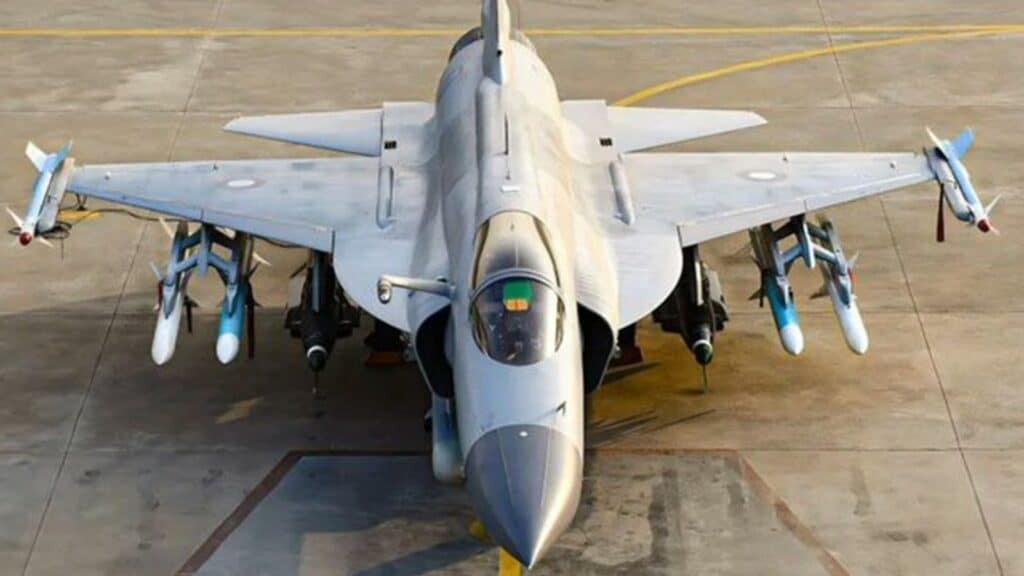By: Ibn-e-Taha
Following Pakistan’s decisive action on 8 May 2025, downing five Indian aircraft, Donald Trump swiftly called for a ceasefire and offered to mediate on Kashmir—a stark contrast to his prior stance dismissing Indo-Pak conflict as ancient and bilateral.
Trump’s U-Turn: From Accusing Pakistan to Courting Peace
Trump had earlier accused Pakistan of harboring terrorists and even pushed for FATF grey listing. Now, both Trump and VP JD Vance refrain from criticizing Pakistan’s internal politics. Why the sudden change?
India’s Hypocrisy on Kashmir & Simla Agreement Exposed
India, which historically rejected mediation on Kashmir under the Simla Agreement, now calls for ceasefire—despite violating the same agreement multiple times (Siachen 1984, Kargil 1999, Balakot 2019, Kashmir annexation 2019).
Kashmir remains a UN-mandated international issue, not bilateral as falsely portrayed by India.
West’s Double Standards: Silence on Indian Aggression, Meddling in Pakistan
Western powers interfere in Pakistan’s domestic politics while ignoring Indian human rights abuses. Celebrated humanitarians like Abdus Sattar Edhi are overlooked while puppets are glorified.
Pakistan’s Strategic Shift Towards Sino-Russian Bloc Alarms the West
Use of Chinese-origin jets in recent PAF operations signals Pakistan’s military-industrial independence. The West sees this as a threat to their dominance and is pushing for “peace” to contain Pakistan’s rise.
India: A Serial Aggressor Backed by the West
India’s history of hostility—1948, 1965, 1971, Siachen 1984, Kargil 1999, and various false-flag ops—shows it plays to Western tunes while targeting Pakistan. The threat of another provocation remains imminent.
A Troubled History of Pak-West Relations: From Allies to Mistrust
From CIA bases in Badaber (1960s) to sanctions post-1998 nukes, and betrayal during the War on Terror, the West has repeatedly used and abandoned Pakistan.
Key betrayals include:
Freezing of F-16 deal
Pressler Amendment (1985)
False accusations during Afghan war
Drone strikes, Salala massacre (2011)
Raymond Davis saga
Support for India after Mumbai attacks (2008)
Post-Afghan Exit: US Distancing and More Sanctions
After 2021 withdrawal from Afghanistan, the US shifted blame onto Pakistan.
Biden’s 2022 statement branding Pakistan “dangerous” and sanctions in Dec 2024 reinforce the West’s biased posture.
A Chance for Pakistan at UNSC: Take the Offensive
Pakistan must seize its UNSC membership to call an emergency session against Indian aggression.
Balakot 2019 and latest ceasefire violations provide ample justification.
West’s Endgame: Push Pakistan Towards a Nuclear Trap?
There’s a persistent danger of coercing Pakistan into a nuclear response—only to use it as justification to denuclearize Pakistan. But the Pakistani Armed Forces are vigilant and will not let the nation be undermined.





